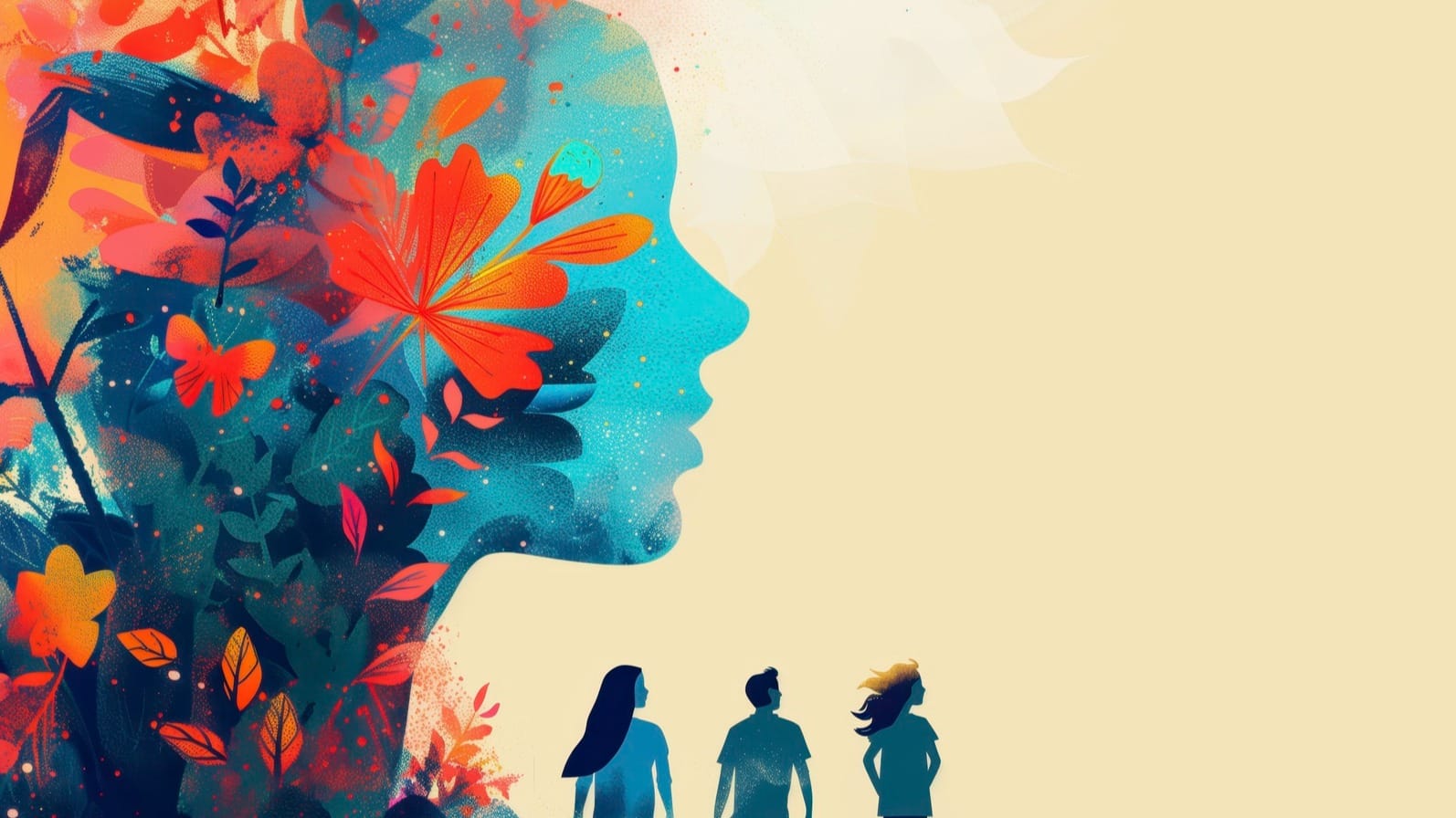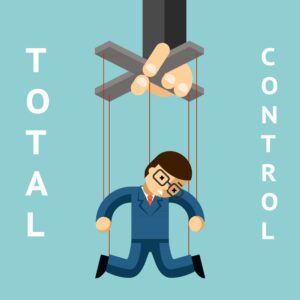Mental Health Is More Than What You Think
“I didn’t look sick, so no one thought I needed help.”
If that sentence hits close to home, you’re not alone. Millions walk around every day with invisible battles—crippling anxiety behind forced smiles, depression beneath productivity, burnout camouflaged as ambition.
Mental health is no longer something we can afford to ignore or whisper about. It’s the foundation of how we think, feel, act, and even how we love, work, and dream. And yet, so many still misunderstand it.
This blog isn’t just about defining mental health. It’s about understanding it—deeply. Through real stories, expert insights, and practical reflections, we’ll explore how you can build a healthier relationship with your mind.
What Is Mental Health, Really?
Mental health refers to your emotional, psychological, and social well-being. It influences how you handle stress, relate to others, and make choices. But it’s more than a medical term—it’s your daily reality.
While physical health shows up in X-rays or lab results, mental health manifests in subtler ways:
- A racing heart during a meeting.
- A sudden loss of interest in things you once loved.
- A heavy fog in the mind that no sleep can fix.
It affects everyone. Not just those with a diagnosis. And just like physical health, it fluctuates—strong today, vulnerable tomorrow.
Mental Health vs. Mental Illness: What’s the Difference?
People often use the terms interchangeably, but they’re not the same.
Mental health is a state. You can have good or poor mental health at any time.
Mental illness, on the other hand, refers to specific conditions like depression, anxiety disorders, PTSD, bipolar disorder, etc.
You can:
- Have poor mental health without a diagnosed illness (e.g., chronic stress or emotional fatigue).
- Have a mental illness and still maintain good mental health with the right support and coping mechanisms.
This distinction is important. It helps us understand that everyone, regardless of diagnosis, benefits from prioritizing mental health.
Why Mental Health Struggles Often Go Unseen
Despite increasing awareness, many people still suffer in silence. Here’s why:
1. Stigma and Shame
Society often sees mental struggle as weakness. This leads to denial, secrecy, and isolation. Some cultures equate therapy with being “crazy,” forcing individuals to suffer in silence rather than seek help.
2. Invisible Symptoms
Unlike a broken arm or fever, mental health symptoms often go unnoticed. You can be “high-functioning” and still be in deep distress.
3. Lack of Access
Even in progressive countries, therapy and psychiatric services can be expensive or inaccessible. Rural areas and underprivileged communities are especially affected.
4. Toxic Productivity Culture
Many of us are praised for pushing through pain—working long hours, ignoring emotional fatigue, and wearing burnout like a badge of honor.
Result?
A society that’s exhausted, disconnected, and unsure why.
How Mental Health Shows Up in Everyday Life
Let’s take a moment to step away from the textbook definitions and talk about how poor mental health might feel:
- Anxiety: Not just nervousness. It’s a constant buzz in your mind. Even when you’re trying to rest, your brain runs simulations of what might go wrong.
- Depression: Not just sadness. It’s numbness. The world feels like it’s behind a glass wall—you can see it, but you’re not in it.
- Burnout: Not just tiredness. It’s a deep, soul-level exhaustion where even the smallest task feels impossible.
Have you felt these? Most of us have at some point. That’s why mental health needs to be discussed.
Building Mental Resilience: What Actually Helps?
While no one-size-fits-all solution exists, science-backed practices and real-life tools can make a significant difference.
1. Therapy Isn’t a Luxury—It’s a Tool
A licensed therapist offers a safe space to process thoughts without judgment. You don’t need a diagnosis to go. Think of therapy like a gym for your mind.
2. Movement Matters
Exercise isn’t just for physical health. It releases endorphins, reduces stress hormones, and improves sleep quality. Even 30 minutes of walking can help clear mental fog.
3. Sleep Is Sacred
Mental health and sleep have a deep two-way relationship. Poor sleep worsens anxiety and depression, while mental illness disrupts sleep patterns. Prioritizing good sleep hygiene is key.
4. Connection Heals
Loneliness is more dangerous than we think—it can be as harmful as smoking 15 cigarettes a day. Regular, meaningful social interactions protect your emotional well-being.
5. Digital Boundaries
Endless scrolling fuels comparison, anxiety, and burnout. Set intentional screen limits. Curate your feed. Unfollow accounts that don’t serve your peace.
6. Practice Self-Compassion
Be as kind to yourself as you would to a struggling friend. Replace “Why am I like this?” with “I’m doing my best with what I know.”
What We Get Wrong About Mental Health
1. It’s a personal failure
Truth: Struggling doesn’t mean you’re weak. It means you’re human.
2. Only “serious” cases need help
Truth: You don’t have to hit rock bottom to ask for support. Early intervention prevents long-term distress.
3. You can think your way out of it
Truth: Positive thinking is not a cure-all. Sometimes, we need more—like therapy, medication, or structured support systems.
4. Talking about it makes you attention-seeking
Truth: Speaking up breaks the cycle. It helps others see that they’re not alone.
The Role of Community and Culture
We often think of mental health as a solo journey. But community plays a massive role.
- Families can normalize open conversations and create emotionally safe homes.
- Workplaces can implement mental health-friendly policies.
- Schools can teach emotional intelligence alongside academics.
- Friends can check in more intentionally—“How are you really doing?” goes a long way.
Healing doesn’t happen in isolation. It happens in connection.
In Closing: It’s Okay to Not Be Okay—But You Don’t Have to Stay There
Mental health isn’t a trend. It’s not just a hashtag or a once-a-year campaign. It’s a daily practice, a commitment to your inner world.
There’s no shame in seeking help. No shame in needing rest. No shame in saying, “I’m not okay right now.”
Whether you’re thriving, surviving, or somewhere in between—this space is for you. And the journey to better mental health? It starts with one honest conversation.
Your Turn: Let’s Talk Mental Health
How has your mental health journey shaped you? What practices have helped you cope or heal? Share your story in the comments—or pass this along to someone who might need it today.
Checkout our Psychology Series.
You’re not alone—and you don’t have to pretend to be.
Other Must Read:




